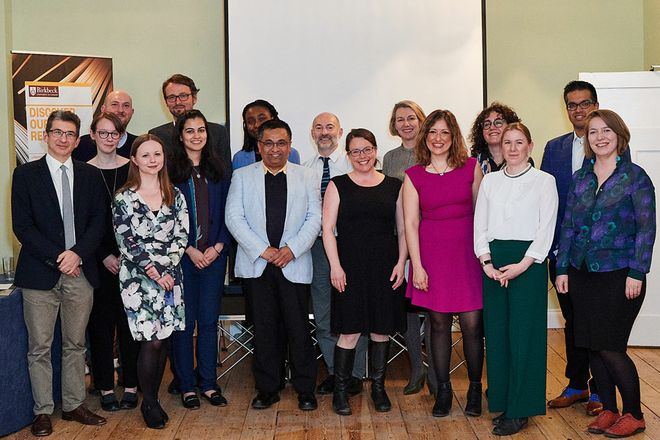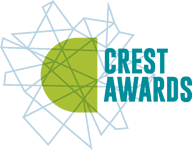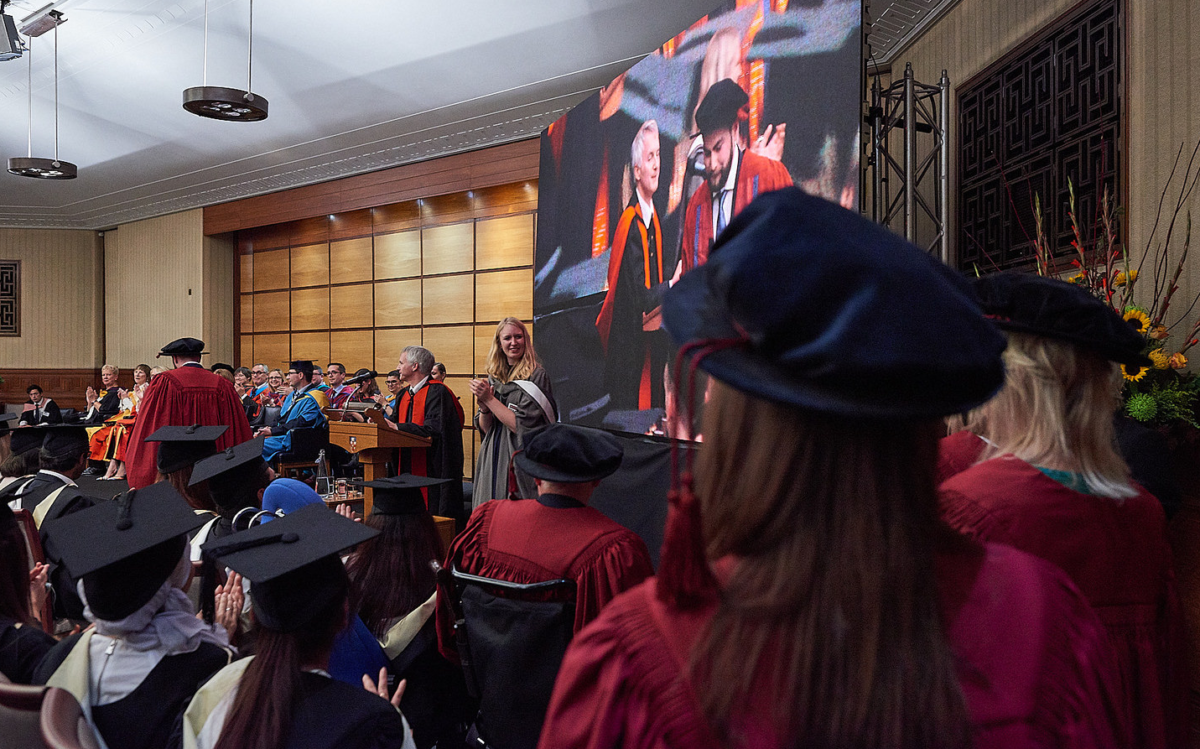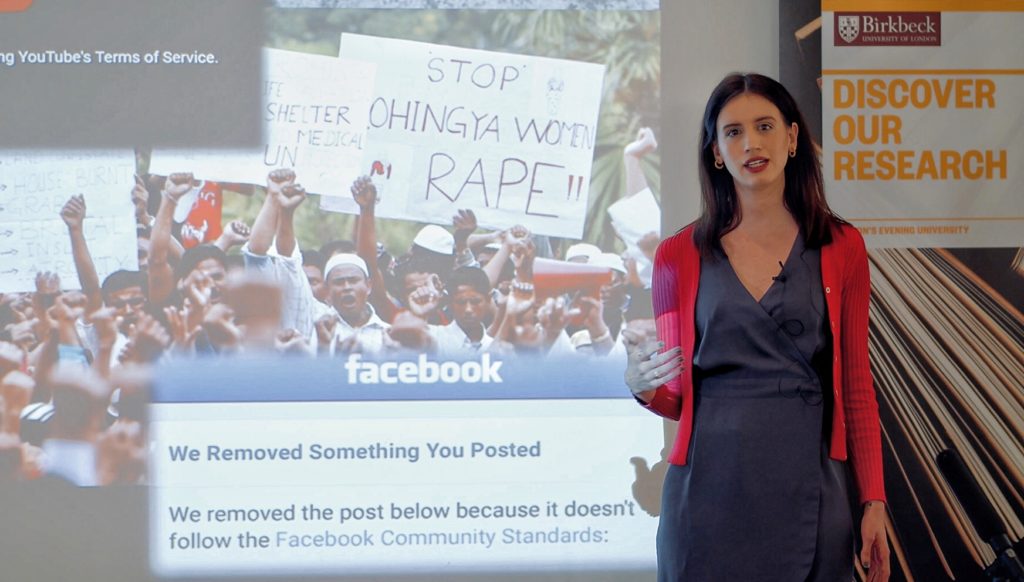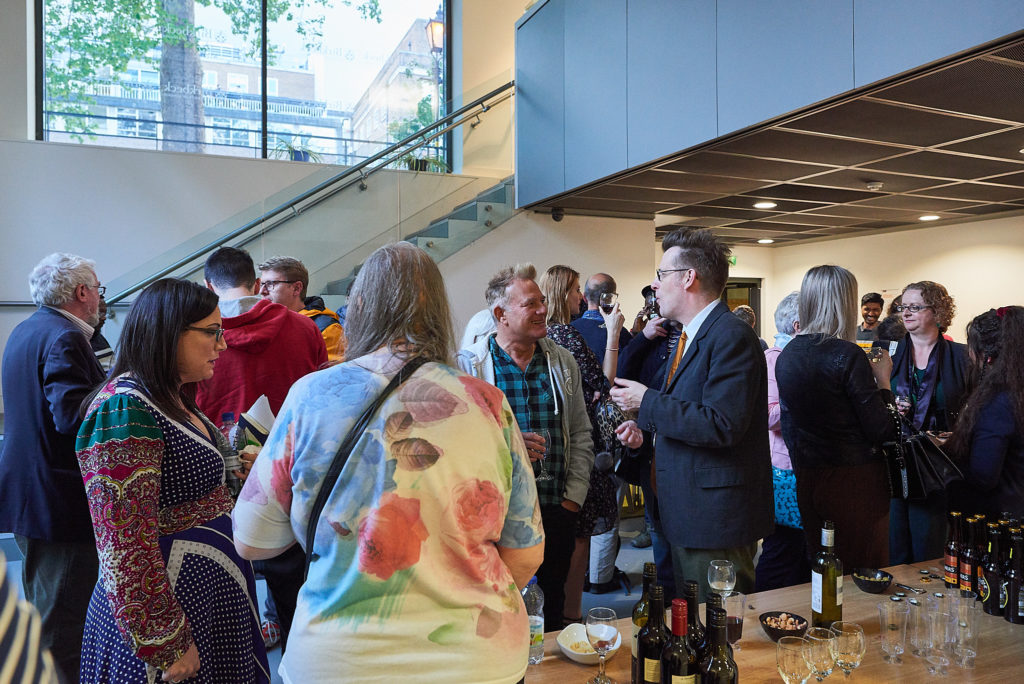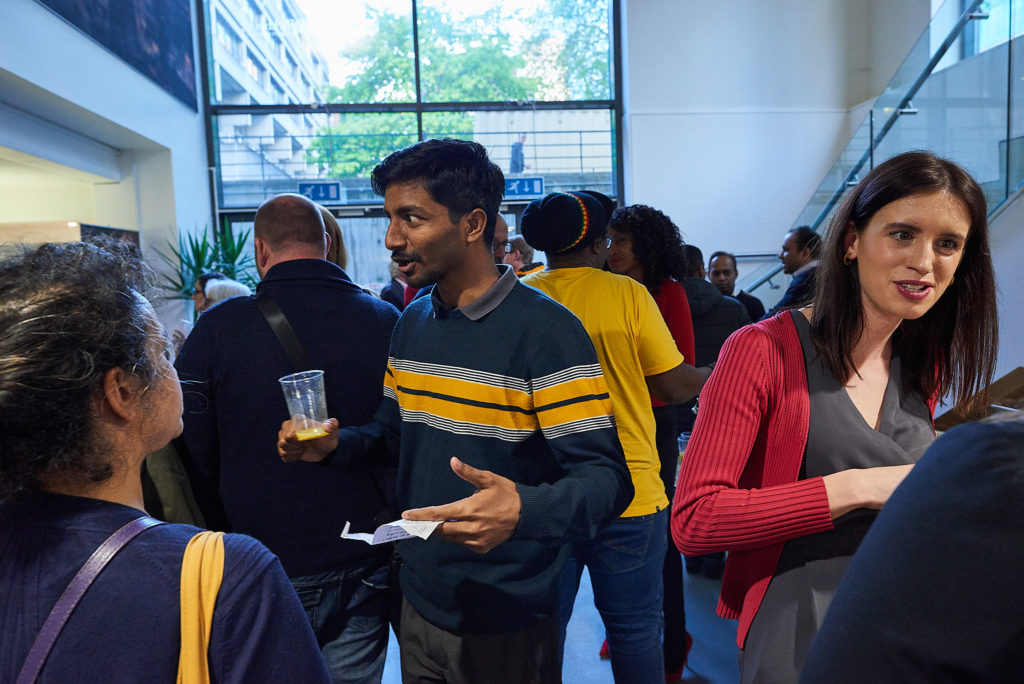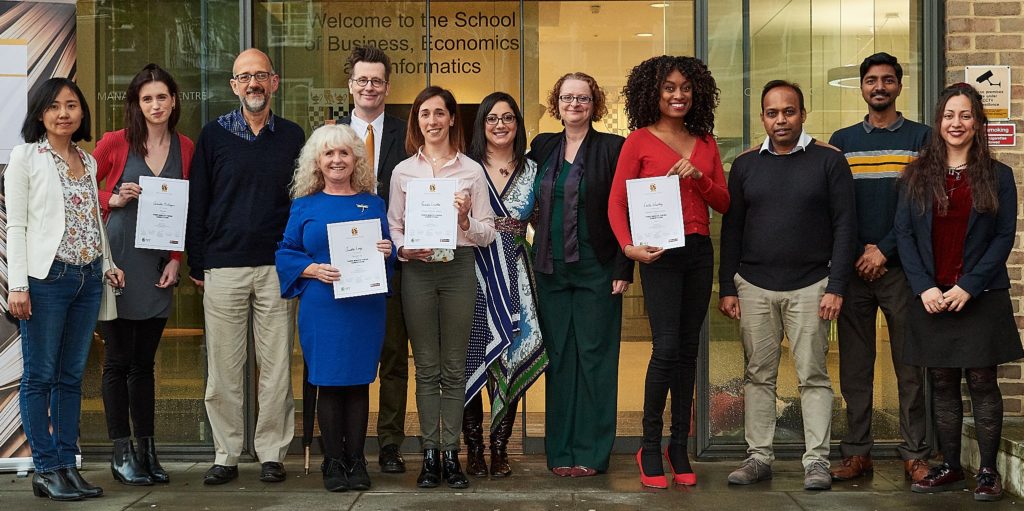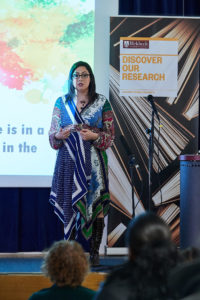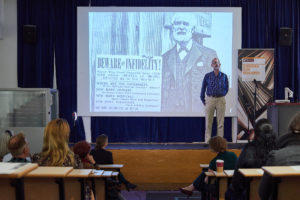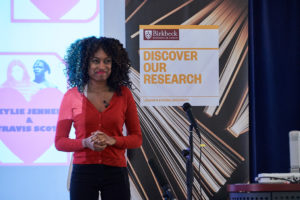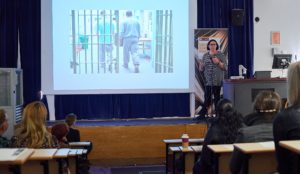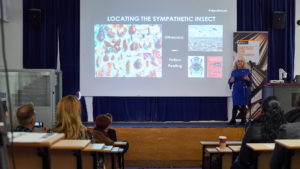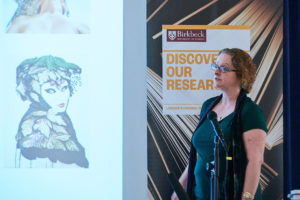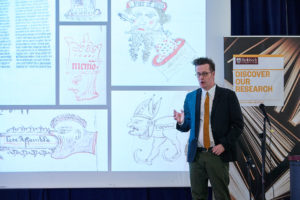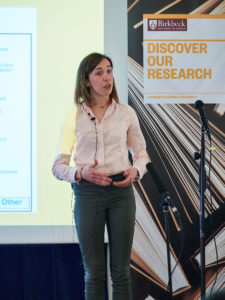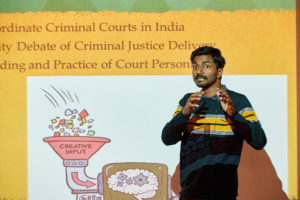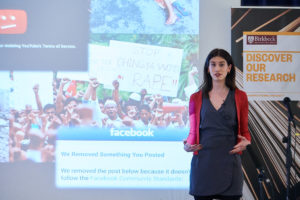Thursday 26th & Friday 27th May
MAL B30
Thursday 26th May
Tea/coffee from 09:30
10:15: Introduction to Conference and Opening Remarks: PGR Reps & Professor Elena Loizidou
10:30 – 12:30: Panel 1 Questioning Law’s Categories, chaired by Oscar
Guardiola-Rivera
Sarah Bekali, Tort law, recovery of damages and the question of race in the Netherlands (virtual presentation)
Kanika Gauba, Law’s Haemopolitics
Allison McKibban, Unsettling the ‘Problem’: Bacchi’s Poststructuralist Policy Analysis Tool and the 2013 Reauthorization of the U.S. Violence Against Women Act
Dorota Krogulewska, Barriers to reporting domestic abuse to the police by Polish women in the UK (virtual presentation)
Lunch 12:30 – 13:30
13:30 – 14:30: Panel 2 Biopolitics and Law in Greece, chair TBC
Eleni Papakonstantinou, The biopolitics of abjection: the persecution of seropositive women in Greece 2012 (virtual presentation)
Athina Michalakea, Legal frame and cultural representations of sex work in modern and contemporary Greece (virtual presentation)
Coffee 14:30 – 15:00
15:00 – 16:30: Panel 3 (Un)Making Gender, chair TBC
Lizzie Hughes, Hearing Gender: reshaping surveillance as human, sensory, and
(en)gendering through an analysis of sound in the public bathroom.
Jenny Logan, Incest and the Family Enclosure (1870s – 1974)
Shomo Basu, Black Biotech: Feminism, Intellectual Property, and the American Imaginary
5pm: We welcome everyone to come along to the College Arms on Store Street, near Birkbeck, for mid-conference drinks.
Friday 27th May
Tea/coffee from 10:00
10:30 – 11:30: Panel 1 Genocide and Border Violence, chaired by Başak Ertur
Nerges Azizi, Legal Interventions against European Border Violence
Ayse Kurul, How Does “the Duty to Prevent”, A Binding Treaty Obligation of States Under the Genocide Convention, Apply to Genocides Committed by Non-State Armed Groups (NSAGs)?
Lunch 12:30 – 13:30
13:30 – 15:00: Panel 2 Religion, Philosophy, and Policy Interventions, chaired by Sarah Keenan
Michael Darke, Agricultural paradigm shift or policy evolution?
Gaber Mohamed, Interrogating Two Concepts in Islamic Criminal Jurisprudence: Victim’s Family vs. Offender’s Family (virtual presentation)
Abu Reza, The Influence of Cesare Beccaria on the English Philosophy of Penal Reform (virtual presentation)
Short break (10 minutes)
15:10: Closing remarks from Dr Sarah Keenan and Dr Başak Ertur


